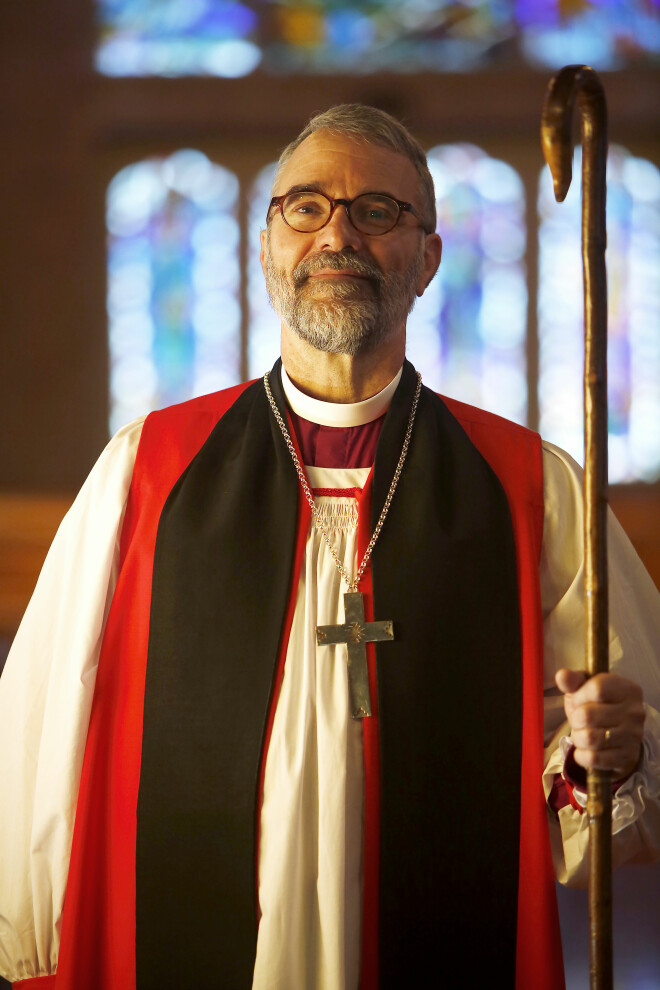Thinking About Parties

A distant relative, Mary Sumner was the founder of the Mother's Union. Meanwhile her brother-in-law, John Sumner, Archbishop of Canterbury, was busy in lawsuits over...issues of “high” and “low church, one of the great fractures of the 19th century Church. (Sumner was on the “low” team.) What were those battles over?
Sometimes a fight at least means people take the issues involved seriously. And in this case those were first of all sacramental. All agreed upon the great affirmations of the creeds. All agreed that something momentous happened by the hand of God in baptism and Holy Communion. They disagreed in the degree to which one should see that work through our faith on the one hand and the elements on the other. Still for none was the key issue, at least originally, a stylistic one.
There was a second issue at stake, related to the first. What are we to make of bishops -- a legitimate question indeed! The immediate issue was how to understand apostolic succession (though, again, all agreed our faith needed to be rooted in the witness of the apostles). But deeper still was the issue of how distinct the church was from that of the state. The presenting issue was the selection of bishops by Parliament.
Today the division of high and low does not define our life in the same way. There is a new generation who would define themselves in fact as “evangelical catholics”! (Whatever theological questions this may generate, it also represents a working definition of Anglicanism itself). What does this inherited distinction leave us as a legacy? First of all, both sought to retrieve the apostolic tradition in the modern era. Secondly, the need to distinguish the church from state and culture becomes yet more acute. Thirdly, the very concept of comprehensiveness, itself a subject of debate, was influenced by the era of church parties in the 19th Century. In all three of these ways, even in a new era, these Episcopal sub-identities still matter for our church's future welfare.
Peace
+GRS



